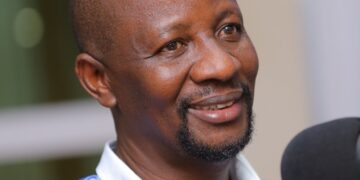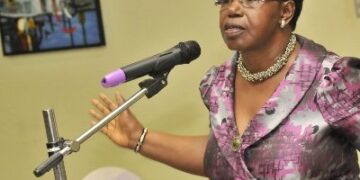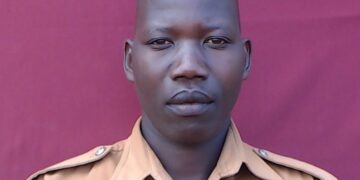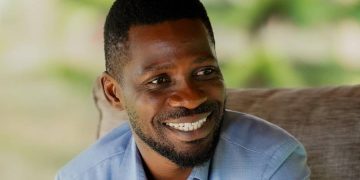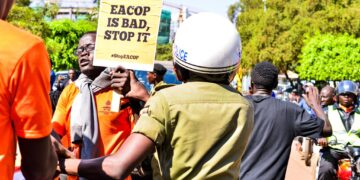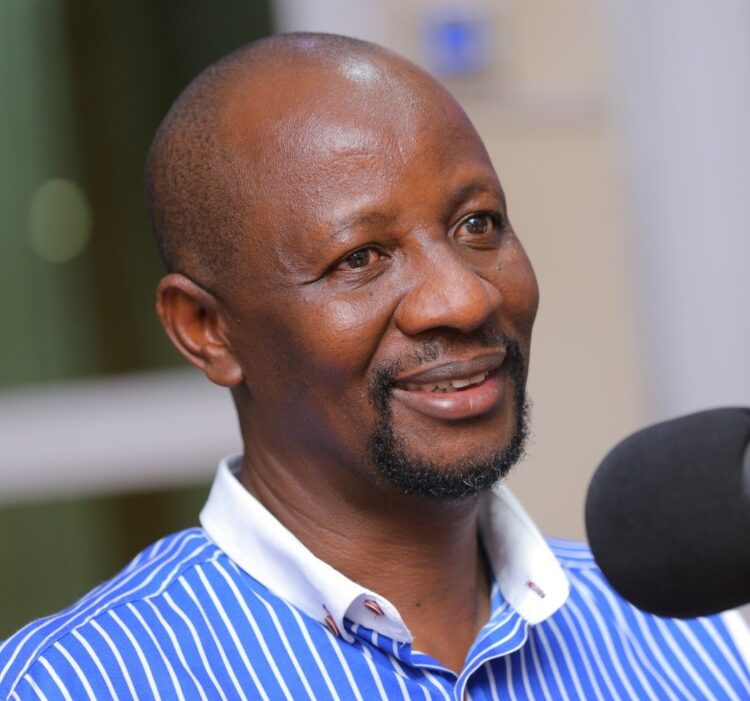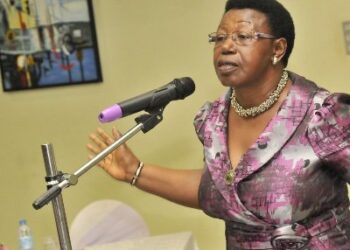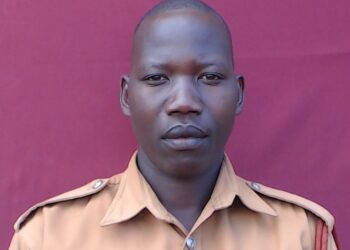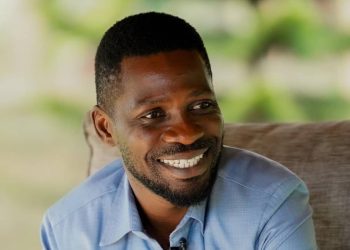By Leonard Kamugisha Akida,
KAMPALA
“He who feeds you, controls you.” With this quote famously attributed to the late Burkinabè revolutionary leader Thomas Sankara, Kira Municipality MP and senior member of the People’s Front for Freedom (PFF), Hon. Ibrahim Ssemujju Nganda, delivered a stinging rebuke to the Ugandan government over its ongoing criticism of European diplomats and donors, during a heated television debate aired Thursday night.
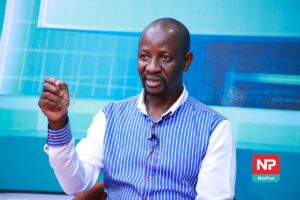
Speaking on NBS Television’s The Frontline, Ssemujju condemned the government’s hostile rhetoric towards foreign development partners, highlighting Uganda’s heavy dependence on external financial support.
“You have a budget, 32% of your 72% budget is going to be funded by the children and grandchildren of colonialists, and you don’t want them to lecture you. Why don’t you go to Kenya or Rwanda and borrow money from them?” Ssemujju questioned.
The discussion was stimulated by remarks from former government spokesperson Ofwono Opondo, who accused European diplomats of colonial arrogance and undue interference in Uganda’s internal affairs, particularly on matters of human rights.
“These diplomats here, the Europeans you see, they are grandchildren of colonialists, grandchildren of celebrities,” Opondo stated. “They think we blacks, we Africans, don’t have heads, and that we are answerable to them.”
He further argued that African countries no longer require “lectures” from the West, asserting, “We need that shock therapy for them to realize that Africans today are at a different level.”
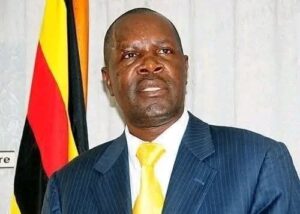
Ssemujju, however, countered that the government’s indignation is inconsistent with its economic reality. Uganda’s 2025/26 national budget of UGX 72 trillion is expected to be funded at least 32% by external sources, including development partners from Europe and multilateral lenders such as the World Bank and International Monetary Fund.
“When they are feeding you, they will lecture you,” Ssemujju said pointedly, echoing Sankara’s ethos of self-reliance.
Tensions between Uganda and the European diplomatic corps have been simmering in recent months, culminating in a diplomatic row with the German Embassy. Uganda’s military leadership, particularly the Chief of Defence Forces (CDF) Gen. Muhoozi Kainerugaba, who is also President Yoweri Museveni’s son has accused German Ambassador Mathias Schauer of engaging in subversive activities, including allegedly supporting opposition political parties and rebel elements.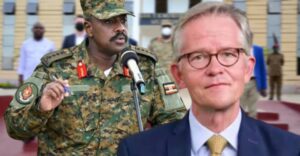
The Uganda People’s Defence Forces (UPDF) recently announced a suspension of cooperation with the German mission. Gen. Muhoozi, through his frequent and controversial social media posts on platform X, has threatened to expel Ambassador Schauer and has similarly lashed out at other embassies that have criticized Uganda’s human rights record.
Despite repeated government statements claiming sovereignty and independence in governance, critics like Ssemujju argue that true independence requires economic self-reliance—a reality Uganda has yet to achieve.
“There’s no sovereignty without financial independence,” Ssemujju emphasized.
As Uganda moves closer to the 2026 general elections, scrutiny of its human rights record and treatment of opposition figures is likely to intensify. Observers warn that alienating key development partners may further strain an already fragile economy and deepen diplomatic isolation.
